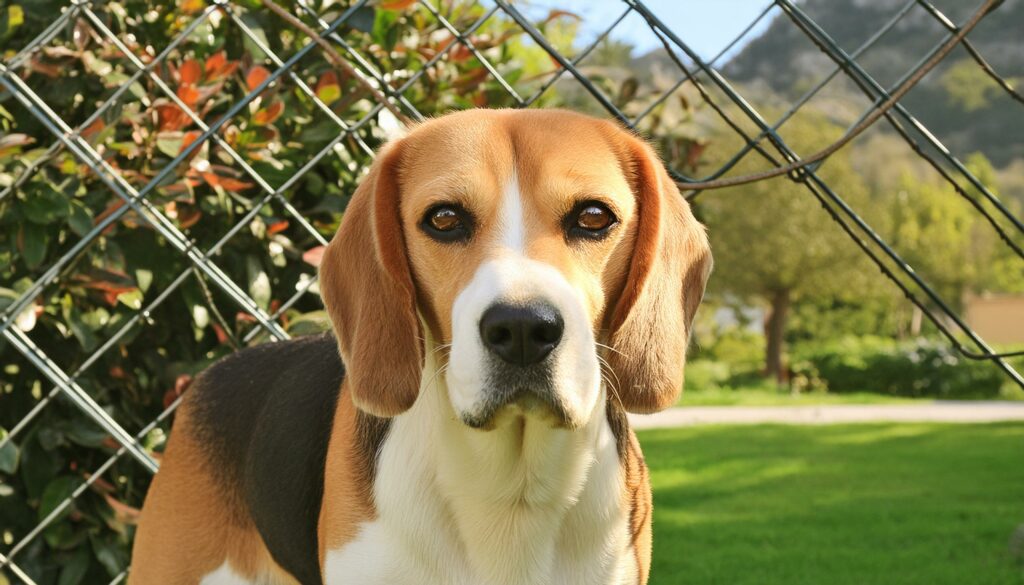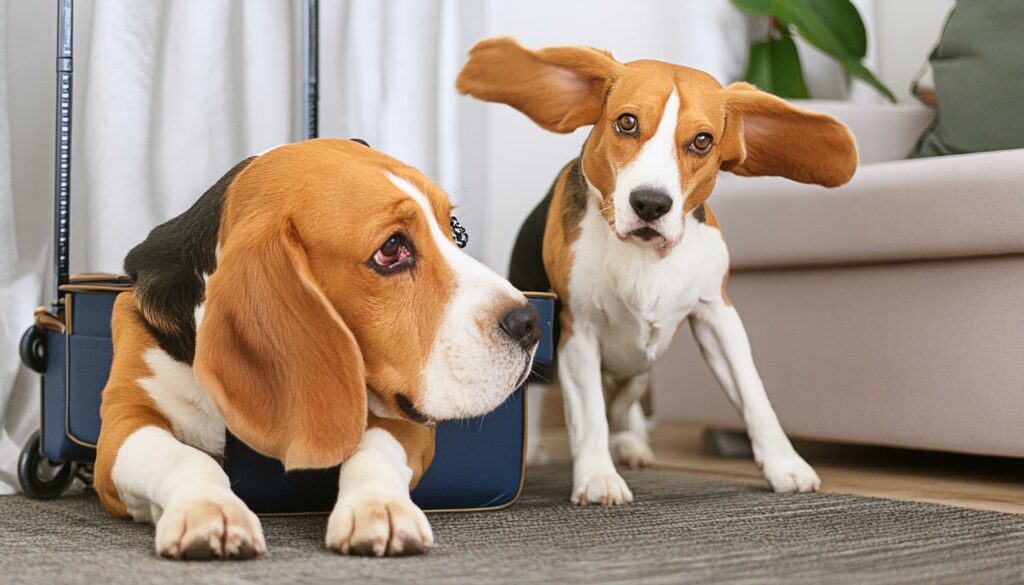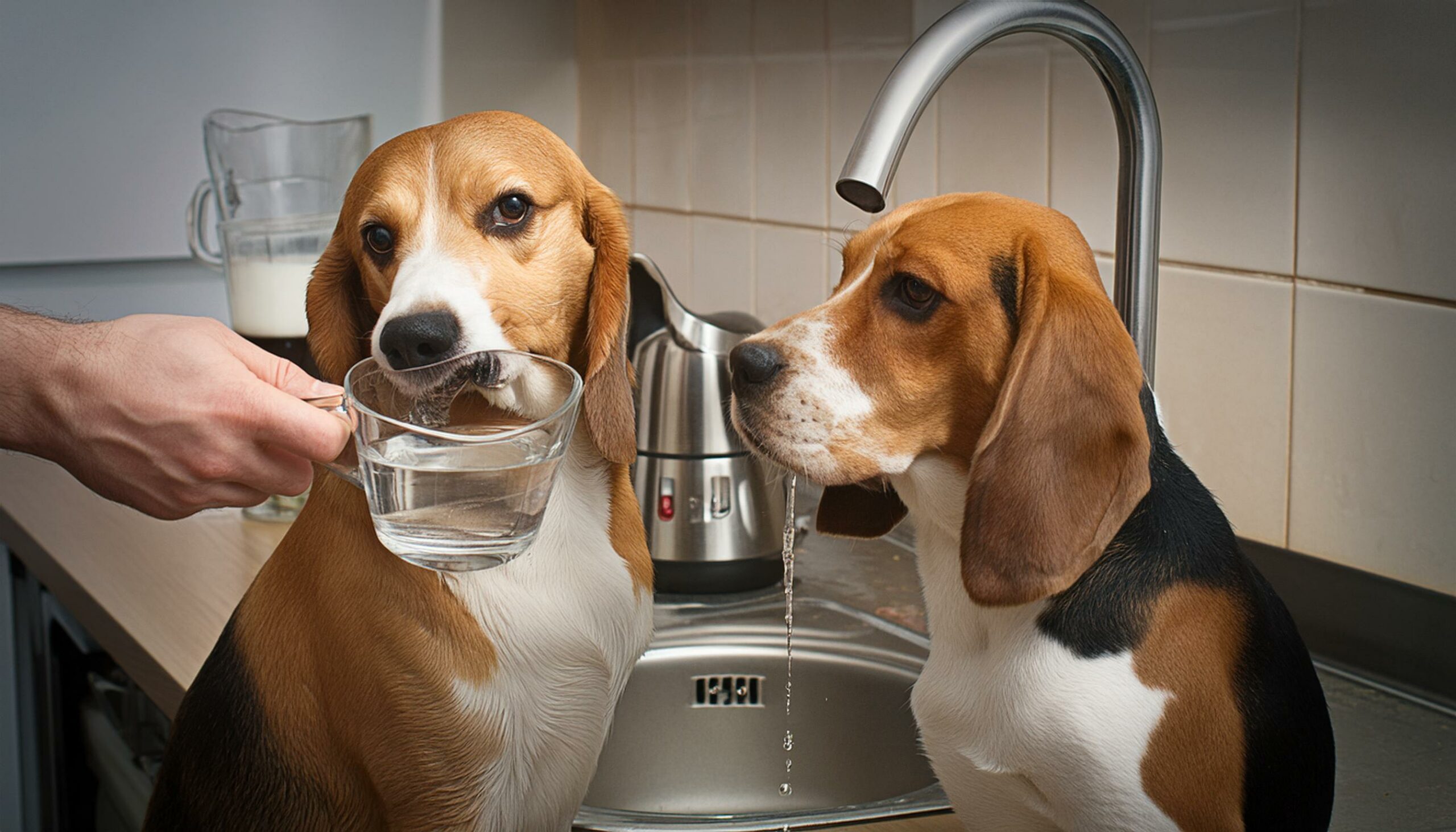Beagles are renowned for their friendly demeanor, boundless energy, and unwavering loyalty. As beloved members of many households, it’s essential to understand their preferences and dislikes to ensure their happiness and well-being.
Understanding Beagle Dislikes
While Beagles are generally easygoing, they have their dislikes, which can impact their behavior and quality of life. Factors such as genetics, past experiences, and individual personalities contribute to what Beagles may find unfavorable. By recognizing and addressing these dislikes, owners can provide a nurturing environment for their furry friends.
Noise Sensitivity
One common dislike among Beagles is their sensitivity to loud noises. Thunderstorms, fireworks, or even noisy household appliances can trigger anxiety in these sensitive dogs. To help them cope, it’s crucial to create a safe and quiet space during noisy events and provide comforting reassurance.

Alone Time
Beagles are social creatures and dislike being left alone for extended periods. This dislike can manifest as separation anxiety, leading to destructive behavior or incessant barking. To alleviate their distress, consider providing companionship through toys, engaging in interactive play, or hiring a pet sitter when needed.
Lack of Exercise
Beagles have a high energy level and require regular exercise to stay healthy and happy. A lack of physical activity can lead to boredom and undesirable behaviors. Ensuring daily walks, runs, or play sessions are incorporated into their routine is essential for meeting their exercise needs.
Boredom
Beagles are intelligent dogs that thrive on mental stimulation. They may become bored easily if not provided with enough mental challenges or activities. Interactive toys, training sessions, and scent games can help keep them mentally engaged and prevent boredom-related behaviors.
Unpredictable Environments
Beagles prefer routine and may feel unsettled in unpredictable or chaotic environments. Introducing changes gradually and providing reassurance can help them adjust more comfortably. Creating a calm and stable environment at home is crucial for their well-being.
Handling Changes
Beagles may dislike sudden changes in their routine or environment. It’s essential to introduce changes gradually and provide positive reinforcement to help them adapt. Consistency and patience are key when introducing anything new to a Beagle.
Dislike for Certain People or Animals
Beagles may exhibit dislike towards specific individuals or animals based on past experiences or temperament. Monitoring their interactions and providing guidance when necessary can help manage these dislikes effectively.

Food Preferences
Beagles can be picky eaters and may have preferences when it comes to food. Offering a balanced diet with high-quality ingredients is essential for their health and well-being. Experimenting with different flavors and textures can help find foods that appeal to their taste.
Grooming and Handling
Beagles may show aversion to grooming and handling, especially if not introduced properly at a young age. Gentle handling, positive reinforcement, and regular grooming sessions can help make these experiences more enjoyable for them.
Weather Conditions
Beagles may dislike extreme temperatures and may be more comfortable in moderate climates. Providing shelter from harsh weather and monitoring their exposure to extreme heat or cold is essential for their comfort and safety.
Medical Procedures
Beagles may feel anxious or fearful during medical procedures, such as vet visits or grooming appointments. Creating positive associations with these experiences through treats and praise can help reduce their stress and anxiety.
Socialization Challenges
Beagles may struggle with socialization, especially if not exposed to different people, animals, and environments early on. Gradual exposure and positive reinforcement can help them become more confident and well-adjusted in various social situations.
Conclusion
Understanding what Beagles dislike is crucial for providing them with a fulfilling and enriching life. By addressing their dislikes with patience, compassion, and understanding, owners can ensure their Beagles lead happy and content lives.
FAQs
Do all Beagles dislike the same things?
While there are common dislikes among Beagles, individual preferences and experiences may vary.
How can I help my Beagle overcome separation anxiety?
Providing companionship, engaging in regular exercise, and creating a safe and comfortable environment can help alleviate separation anxiety in Beagles.
Why is socialization important for Beagles?
Socialization helps Beagles develop confidence, reduces fear of new experiences, and promotes positive interactions with people and animals.
What should I do if my Beagle refuses to eat certain foods?
Gradually introduce new foods and flavors, offer variety in their diet, and consult with a veterinarian if food aversions persist.
How can I make grooming a positive experience for my Beagle?
Use gentle handling, offer treats and praise during grooming sessions, and start grooming routines at a young age to build positive associations.
